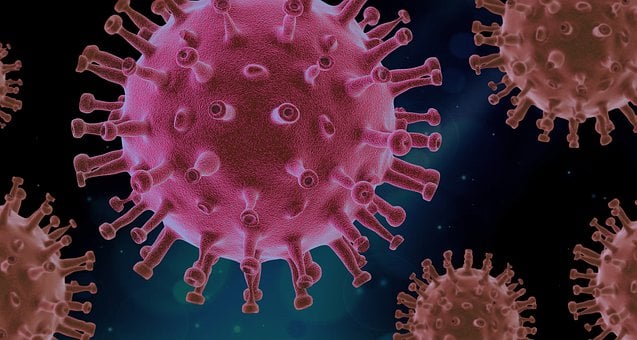Jun 30
2020
Antibody Discovery, Viral Therapy and COVID-19: What to Know in 2020

Ever since the SARS-CoV-2 virus—better known as COVID-19 or the novel coronavirus—appeared on the world stage in December 2019, the scientific community has been searching for a way to fight it. With the onset of the pandemic, the world engaged in social distancing, followed stay-at-home orders, wore personal protective equipment, and reacquainted themselves with proper handwashing techniques—effectively dampening the spread of SARS-CoV-2.
However, May 2020 saw the death toll quickly approaching 400,000, and it became clear that efforts to find a way to prevent and treat the virus were more critical than ever.
SARS-CoV-2 and Viral Therapies
SARS-CoV-2 is a coronavirus (the source of the common name used in the media). Coronaviruses typically affect the upper and lower respiratory tracts, making it difficult to breathe. These viruses range from mild, as is the case with several of the seven currently recognized types, to severe: Middle East respiratory syndrome (MERS), SARS, and COVID-19 are examples of severe forms of coronavirus that can cause respiratory failure, shock, and death.
Since SARS-CoV-2 is a virus, it isn’t susceptible to the antibiotics used to treat bacterial respiratory infections. For viruses, researchers have discovered therapeutics that utilize antibodies to attack the proteins on a virus’s surface. These monoclonal antibodies specifically target vulnerable proteins and are used in several therapeutic pharmaceuticals that have shown promise in treating and preventing different viruses.